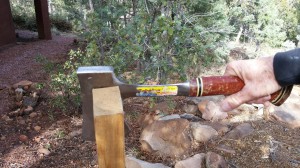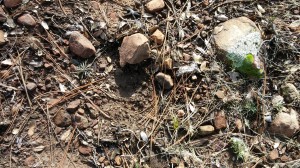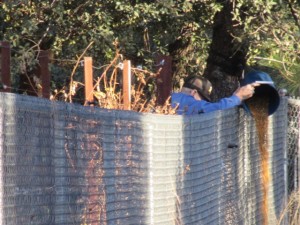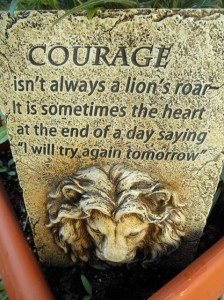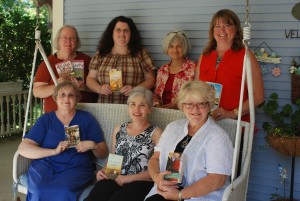Your present circumstances don’t determine where you can go; they merely determine where you start.” Nido Qubein, businessman and motivational speaker
Reminds me of the TV ad where a workshop facilitator tells participants they have potential, even as his wooden nose grows. No-one wants to be that poor guy learning the very opposite from what the speaker intended.
But this quote doesn’t mess with our potential. It merely says we all start in a unique place. I witness this on a writers’ loop I follow. Definitions get tossed around, interpretations vary, and once in a while, tension results. But the moderators know when to step in and keep things under control.
Often, conflicts arise from writers at various places in their journeys. Drastic changes in the publishing world wreak havoc with expectations and dreams–this can be hard to handle, and undesired emotions surface.
It’s good to recall that in writing, so much depends on ideas and timing. As Victor Hugo stated, “All the forces in the world are not so powerful as an idea whose time has come.”
Of course, we all want OUR ideas to find their time, but sometimes circumstances seem bent on hindering an idea from blossoming into its potential. Consider Harper Lee’s next release, for example.
We don’t know the whole story yet, but a plethora of questions arise. Is the story closely related to To Kill A Mockingbird? Who is the hero/heroine? Bottom line, we can’t WAIT!
Most of us thought there was no way any second hero could rival Atticus Finch. Drawn into his little southern town and his kind heart, we never want to leave. He’s too wonderful, too wise, too brave.
But now we must say, “We’ll see.” Right? I mean, who can know what delights lie ahead in this second debut? (Can one have a second debut? Due to time’s passage, it certainly seems so to me.)
Where is the “start” this time? Somewhere long after the finish, or what we deemed was the finish. We thought we had it all in order, but SURPRISE! Ahhh….this would be a good topic for discussion on that loop . . . the surprises our writing brings us.
Anyway, it’s obvious this week’s post is pure conjecture, which is fun sometimes. Letting loose and pondering remind us there’s still room for philosophizing. In some cultures, this activity takes place daily, publicly. It’s a valued contribution to society.
Maybe we ought to allow our characters this leisure, as well. How long has it been since your hero or heroine fell into speculation…just plain old pondering? Oh yeah, we’re supposed to keep the plot moving. It was just an idea, but while we’re at it, what do you think Ms. Lee’s next heroine will be like?

